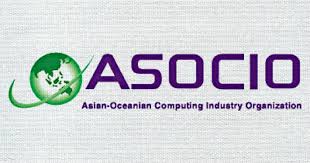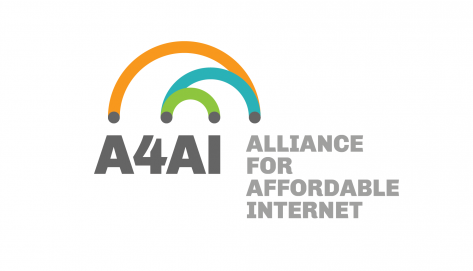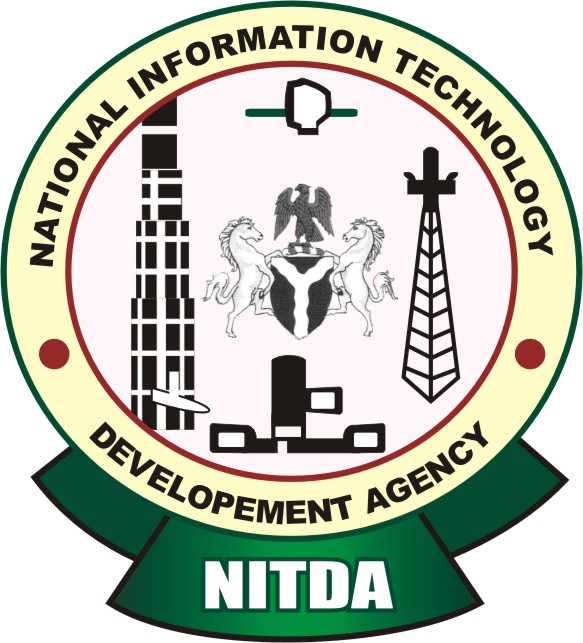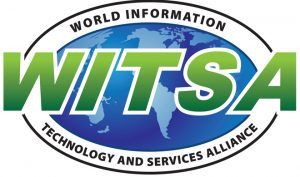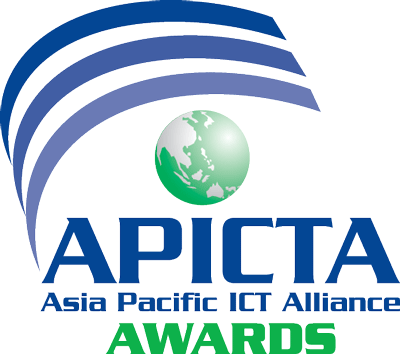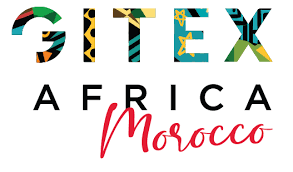
By Jimson Olufuye, 28.04.2025
The World Summit on Information Society (WSIS) convened by World leaders in 2003 and 2005 following the realization of the crucial roles of Information and Communications Technologies (ICTs) (also known in the industry as the Internet) played in economic growth and development. Since 2005, ICTs have added more than $10tr to the global economy (Oxford Economics, 2020).
The outcome document of the WSIS 2003, the Geneva Declaration outlined the expectation of the Summit for a "people-centred, inclusive and development-oriented Information Society, where everyone can create, access, utilize and share information and knowledge, enabling individuals, communities and peoples to achieve their full potential in promoting their sustainable development and improving their quality of life, premised on the purposes and principles of the Charter of the United Nations and respecting fully and upholding the Universal Declaration of Human Rights..." to be achieved through 11 Action Lines, and targets . As the 2003 edition was inconclusive, members agreed to meet in 2005 in Tunis and they met in Tunis and produced the Tunis Agenda which re-inforced the agreement of 2003 and further outlined two principal outcomes namely: the Internet Governance Forum (IGF) (Para 72), and Enhanced Cooperation on international public policy issues pertaining to the Internet (Para 68).
Since 2006, the IGF has convened annually in different host countries and the host for this year is Norway (June 23-27, 2025). It has been a forum that had enabled all stakeholders (government, the private sector, the civil society and the technical and academic communities) to come together on an equal footing to dialogue on Internet Governance and digital policy issues. Important discussion points include: connectivity, access, cybersecurity, cybercrime, data protection, privacy, blockchain, intellectual property rights, human rights, child online protection & safety, data Governance, digital divide, artificial intelligence, Internet of Things, internet security and resiliency, digital Public Infrastructure, digital Public goods, digitalization, digital transformation, internet Fragmentation, critical internet infrastructure, digital cooperation, etc. It has been a great platform for capacity development, the exchange of ideas, and the convening of new initiatives. Though the forum produces no resolutions and agreed texts, yet it's outcome documents constitute rich reference points on good practices with respect to Internet Governance and digital policy issues. It is the general consensus that the IGF has fostered economic growth and development around the world and as such its mandate should be renewed by the United Nations General Assembly (UNGA) when it meets later in the year or made a permanent part of the UN structure with predictable funding mechanism. A major evolution of the IGF is the growth of the National and Regional IGF Initiatives (NRIs). So far, there are more than 170 NRIs playing crucial roles in in-country, sub-regional and regional dialogues on Internet Governance and digital policy issues. Indeed, for twenty years, the IGF has served a good purpose as about 70% of the world population is now connected to the Internet.
While the twin of IGF, Enhanced Cooperation (EC) to enable governments on an equal footing develop international policies for the Internet in collaboration with all relevant stakeholders could not take-off in 2006, it has however been operational in many fora despite no consensus agreement reached at the end of the sessions of the CSTD Working Group on EC (2014-2018) convened by the UN General Assembly (GA). Between 2018 and now, a lot has changed in the Internet governance ecosystem such that the factor against its consensus in 2018 has now evaporated. The Kingdom of Saudi Arabia who opposed the consensus agreement for EC to be operationalised in CSTD is now a fan of the multistakeholder engagement on Internet Governance and digital policy issues as she hosted successfully the 19th IGF in Riyadh, last year. At the 28th Session of the CTSD Meeting in Geneva in April 2025, it was heart warming to witness Enhanced Cooperation at work with government engaging one another on International public policy pertaining to the Internet in collaboration with other stakeholders in their respective roles. Perhaps, a resolution at any future session of the CSTD may formalise the consensus that EC is already happening in the CSTD itself as agreed by the majority at the WGEC in 2018. As a matter of fact, EC is already at work in many fora including at the ICANN. In this regard, the role of Netmundial 2014 and the IANA transition of 2016 cannot be underplayed.
However, the failure of EC arriving at a consensus in 2018 open the gate for series of activities culminating in the convening of the Summit of the Future of September 2024 which produced a Pact for the Future with the annex - the Global Digital Compact (GDC) aimed at an inclusive, open, sustainable, fair, safe and secure digital future for all. From the foregoing, the GDC should be seen as a renewed emphasis on the overarching goals of the WSIS. As the WSIS is being reviewed on the occasion of its 20th anniversary, the GDC should be seen as part of its derivatives and its implementation should flow within the existing framework of the implementation of WSIS with its annual reviews, IGF, and its proliferating NRIs and operationalisation in the CSTD. By the mandate given by the United Nations General Assembly (GA) through the Economic and Social Council (ECOSOC), the CSTD is the coordinating body for the WSIS and its purview should encompass GDC as noted in the GDC document. Without creating a new mechanism, the GDC as proposed can still enable the achievement of the SDGs if all necessary machineries are activated by governments in collaboration with all concerned stakeholders.
As the WSIS+20 review is underway, it is pertinent to note that addressing the challenges of new and emerging technologies such as artificial intelligent and Quantum Computing among others is critical. The interest of the people must remain at the centre of the digital. Increased capacity development, the safeguard and protection of rights, meaningful participation and connectivity for all, sustaining the one Internet that has prospered the world among others are subjects that should preoccupy our minds.
As digitalization and digital transformation powered by innovation fosters a people centered knowledge and prosperous society, there is a need to be mindful of risks that geopolitical tension, fragmentation and unilateralism can cause. The spirit of WSIS which is multistakeholderism that has served the world well should not be jettisoned. It should rather advance to meaningful multistakeholderism per the Netmundial+10 Sao Paulo Multistakeholder Guidelines. It should propel us through IGF, EC, GDC into a more prosperous digital future for all.
Jimson Olufuye is the Principal Consultant at Kontemporary® Konsulting Ltd. Founder/1st Chair of the concerned private sector-led and over 40-nation strong Africa ICT Alliance—AfICTA, (2012-2018). He is currently the Chair of the Advisory Council of AfICTA. He was one of the 5 business reps in the United Nations Commission for Science and Technology for Development Working Groups on Improvements to the Internet Governance Forum (IGF), and on Enhanced Cooperation on public policy matters pertaining to the Internet, (2012-2018). He was also a member of the UN Secretary-General’s IGF Multi- stakeholder Advisory Group (2010-2012 & 2025).
Formerly the President of the Information Technology (Industry) Association of Nigeria, (2007-2011), he was the Vice-Chair of the World Innovation Technology and Services Alliance (WITSA), (2010-2012). He was also the Chair, Finance and Operations of ICANN Business Constituency, (2014-2020).
He was a member of the Netmundial+10 Steering Committee 2024 and leader of AfICTA delegation to the UN Summit of the Future 2024. He is the architect of the new Tripod Cybersecurity Maturity Model, TCMM.africa.

Jimson Olufuye, intervening at the 28th CSTD Session in April 2025 in Geneva

Dr Jimson Olufuye with Dr Peter Major, Chair of the 28th CSTD Working Session

Dr Jimson Olufuye at the 28th Session of the CSTD, April 2025 in Geneva

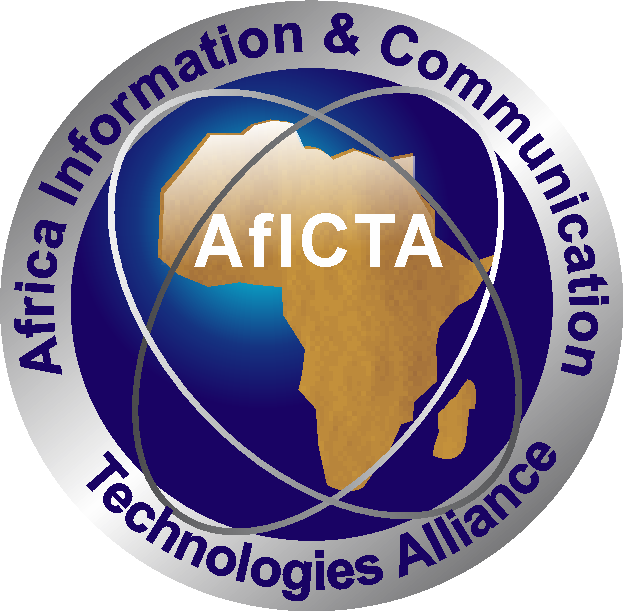
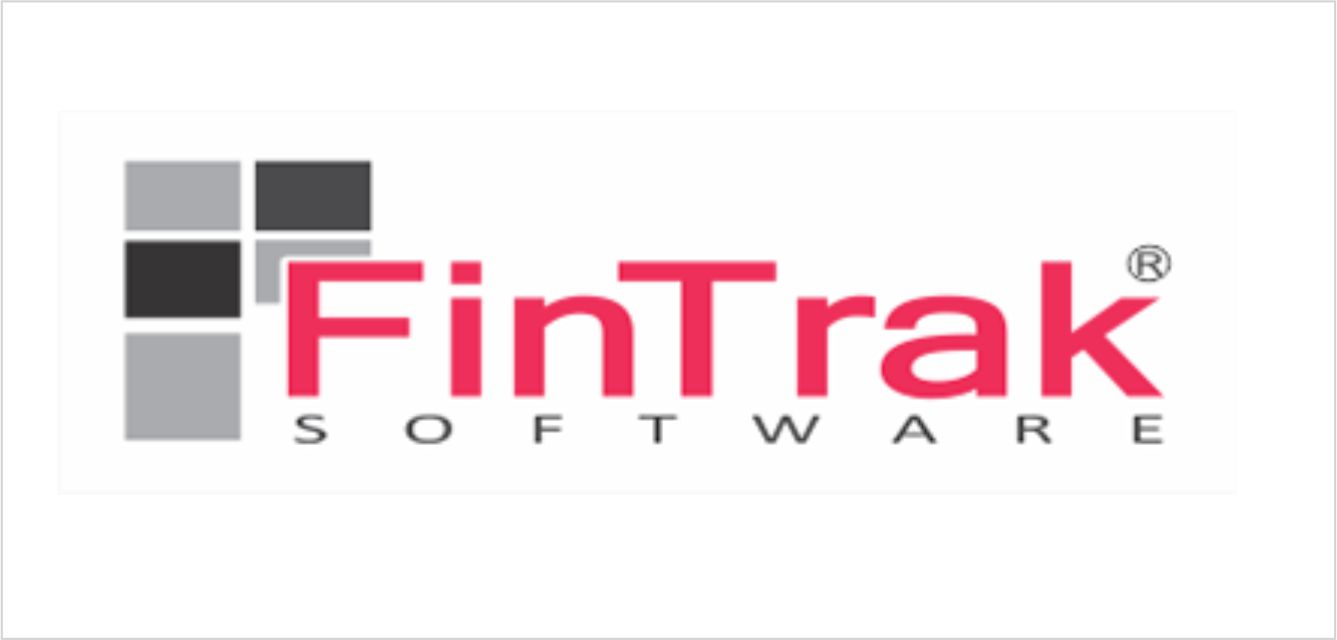

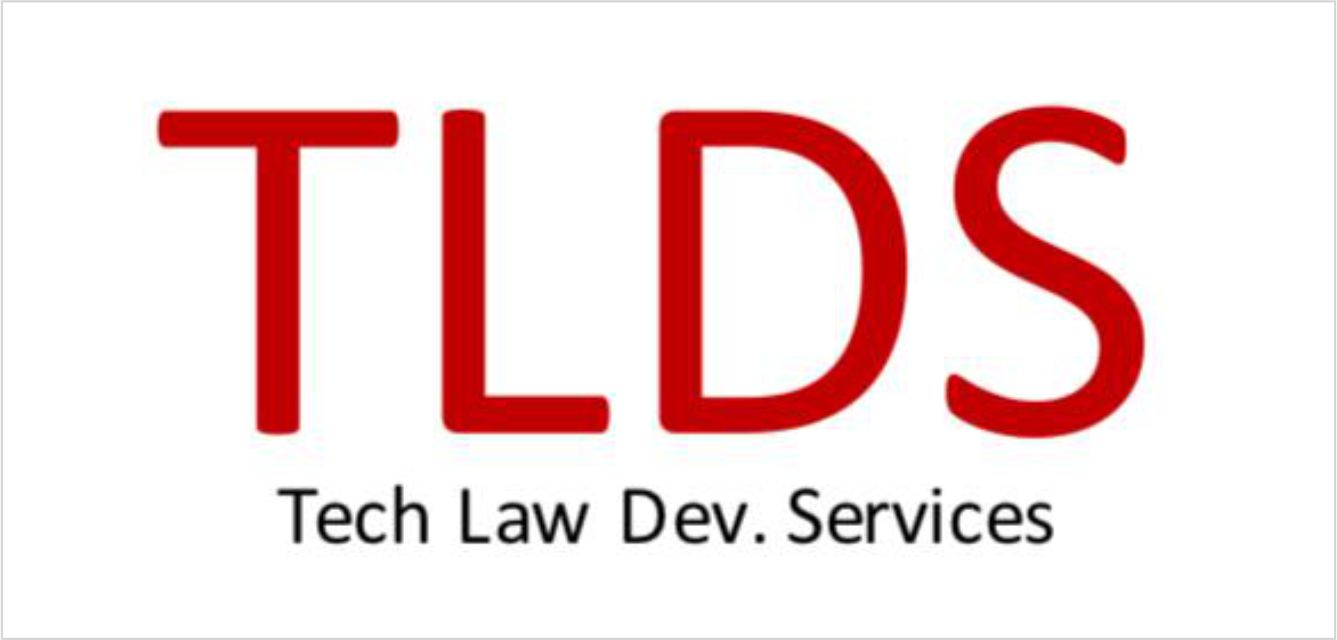
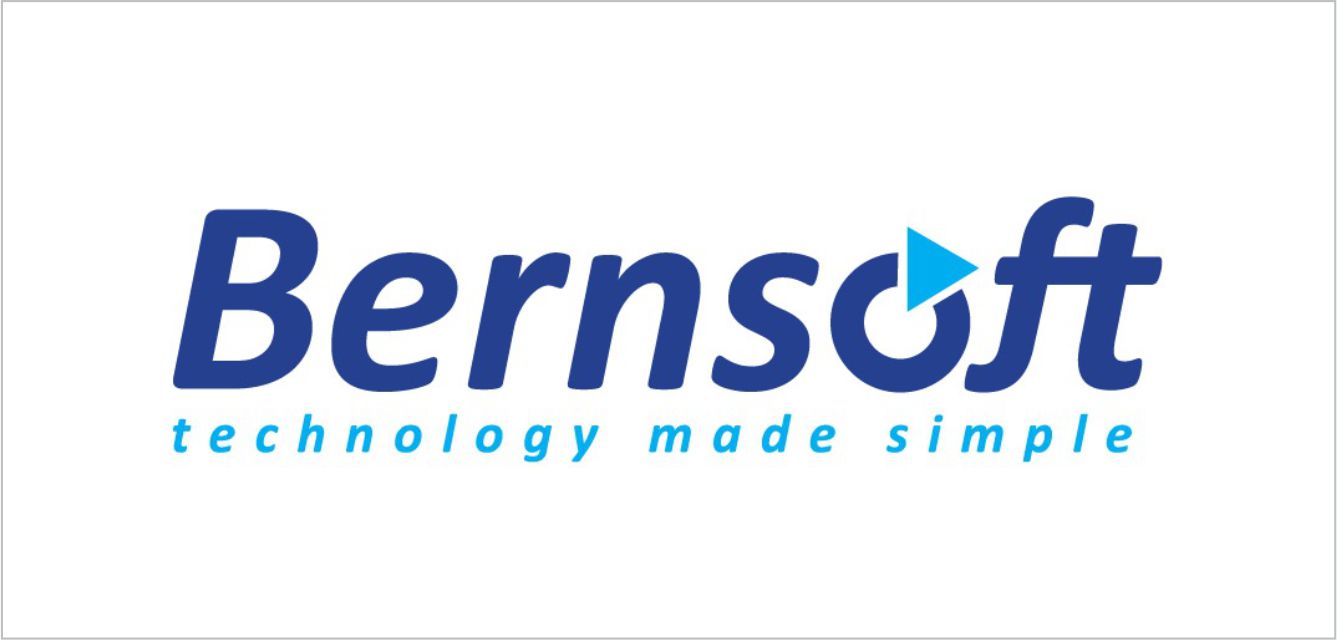

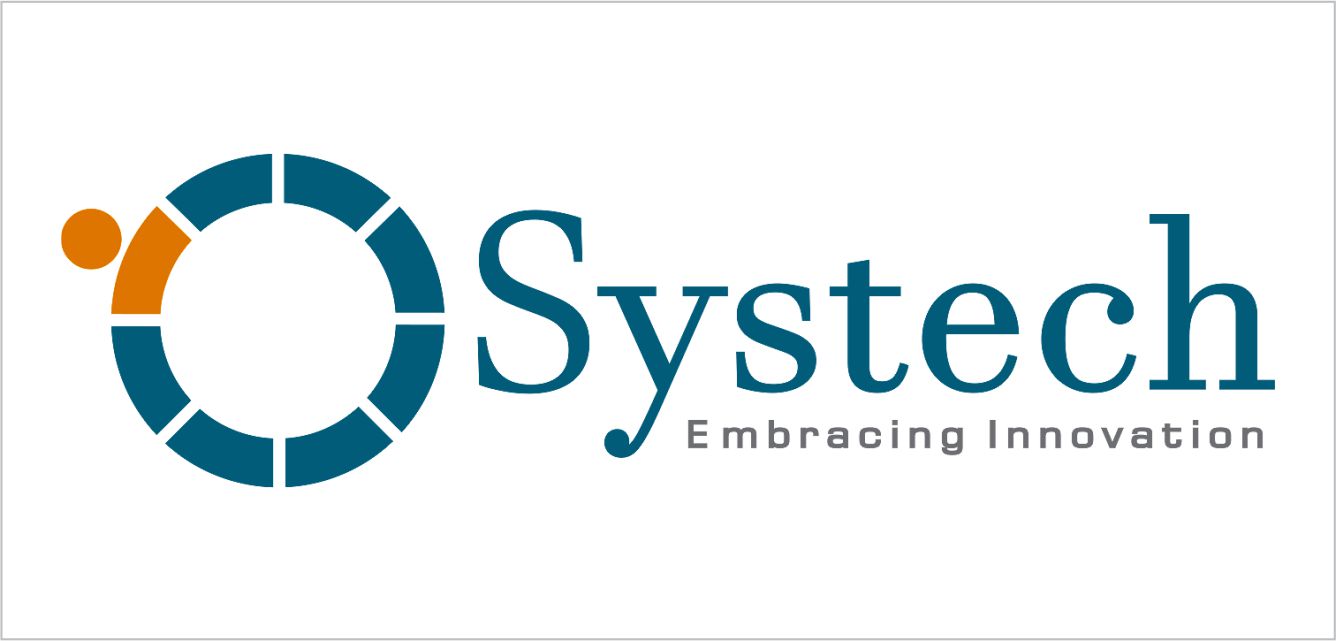

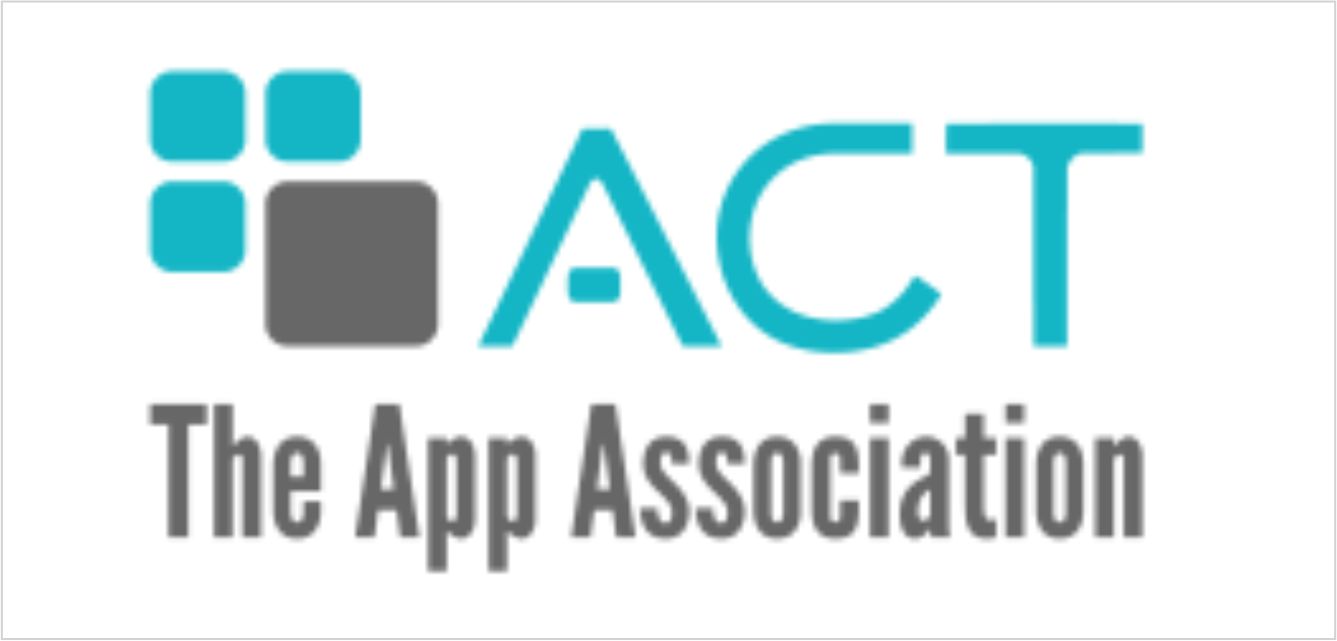
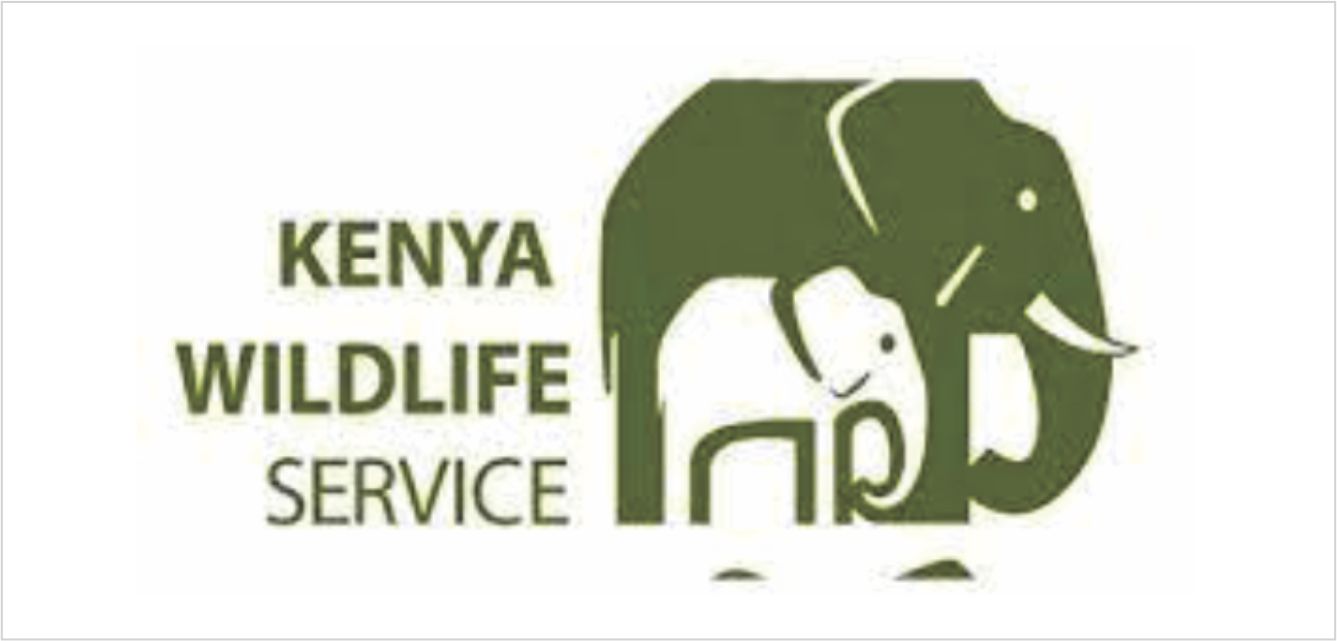
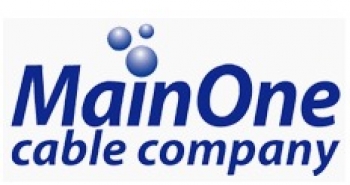



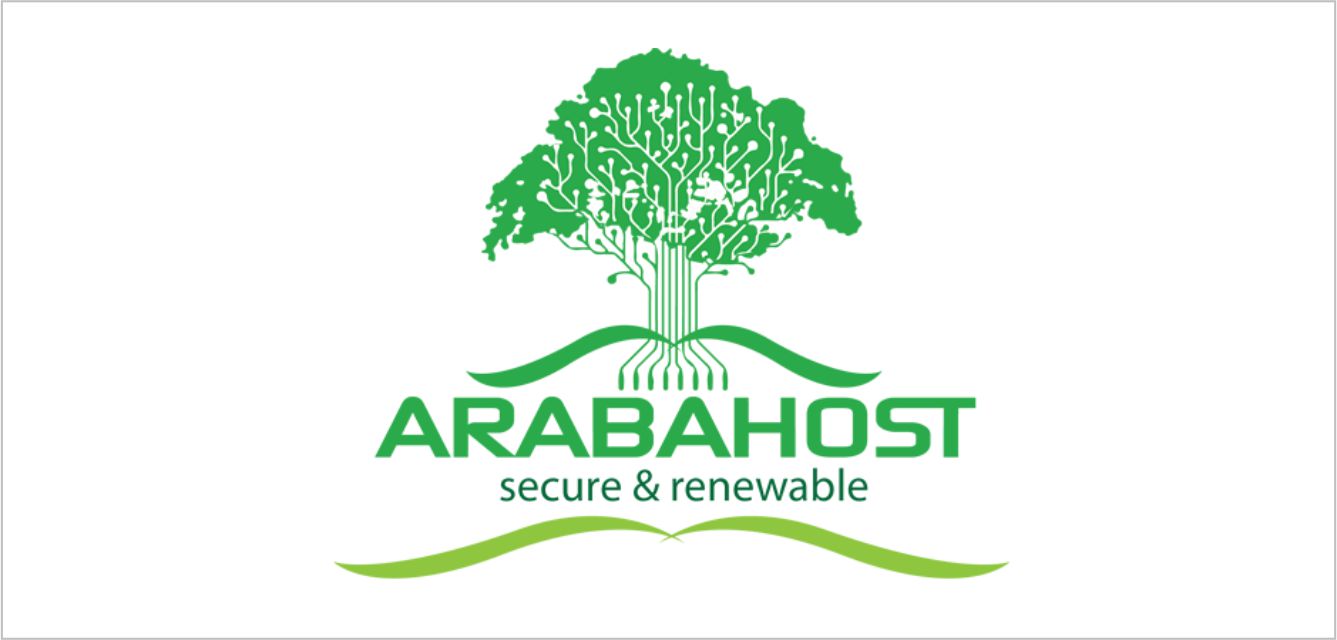
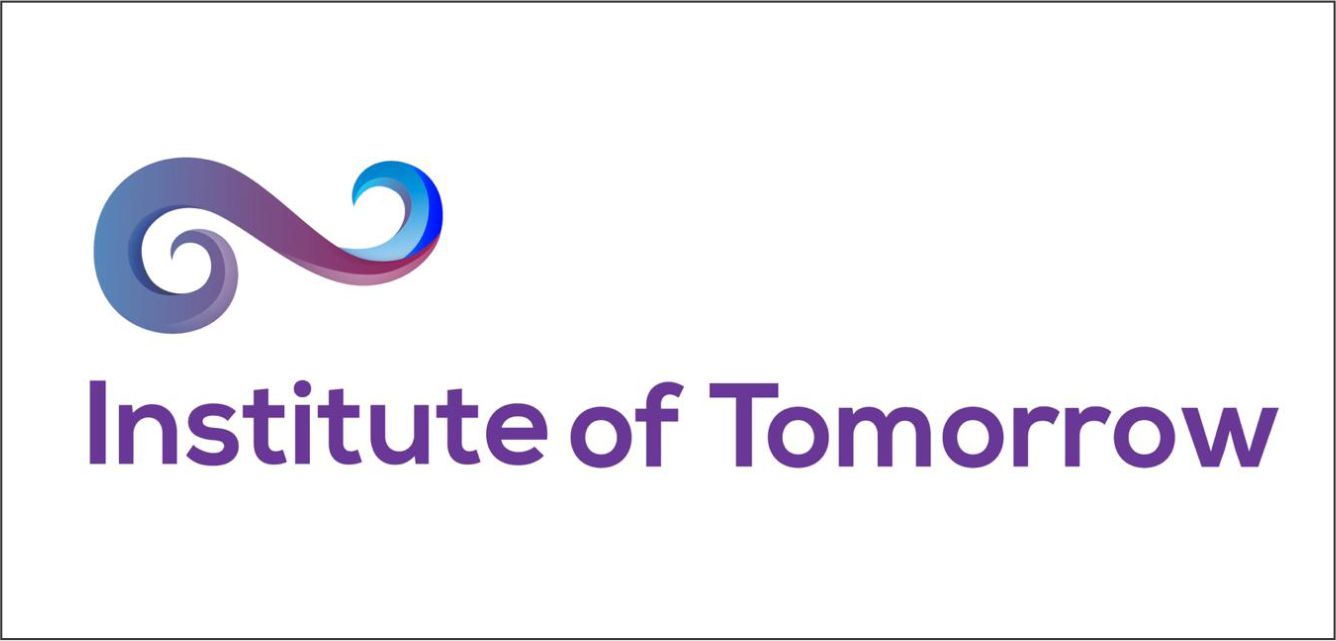
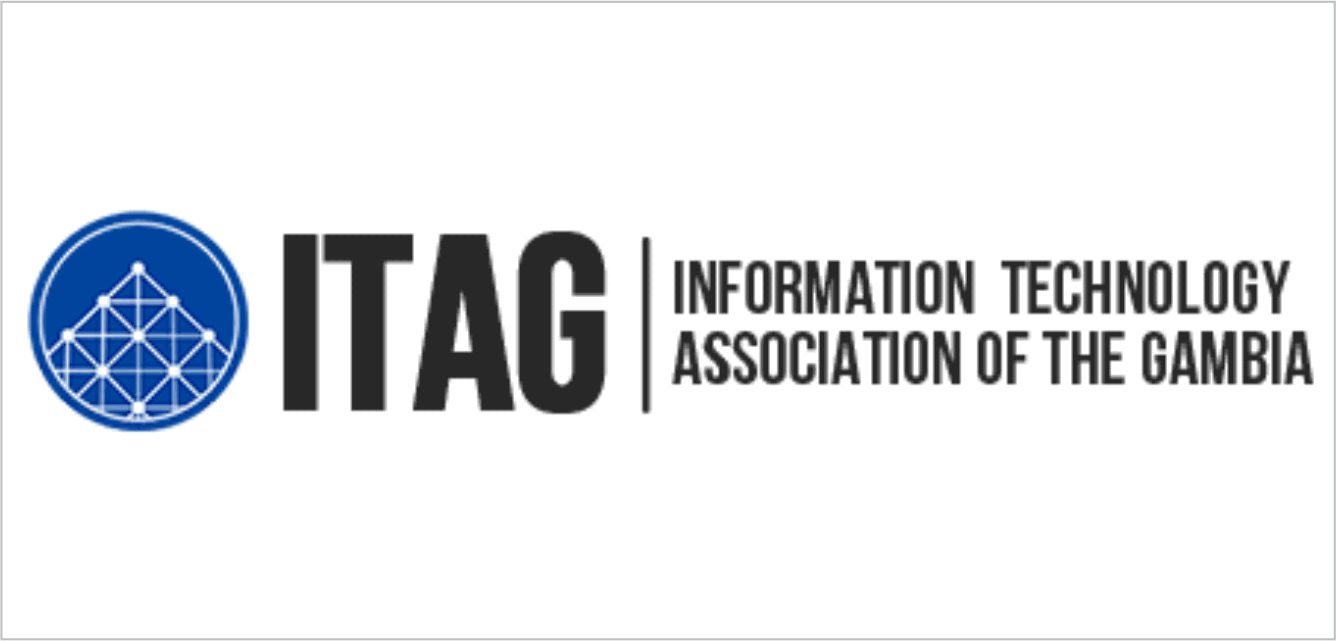

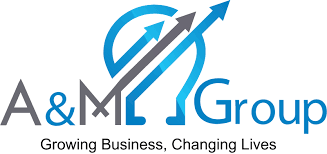
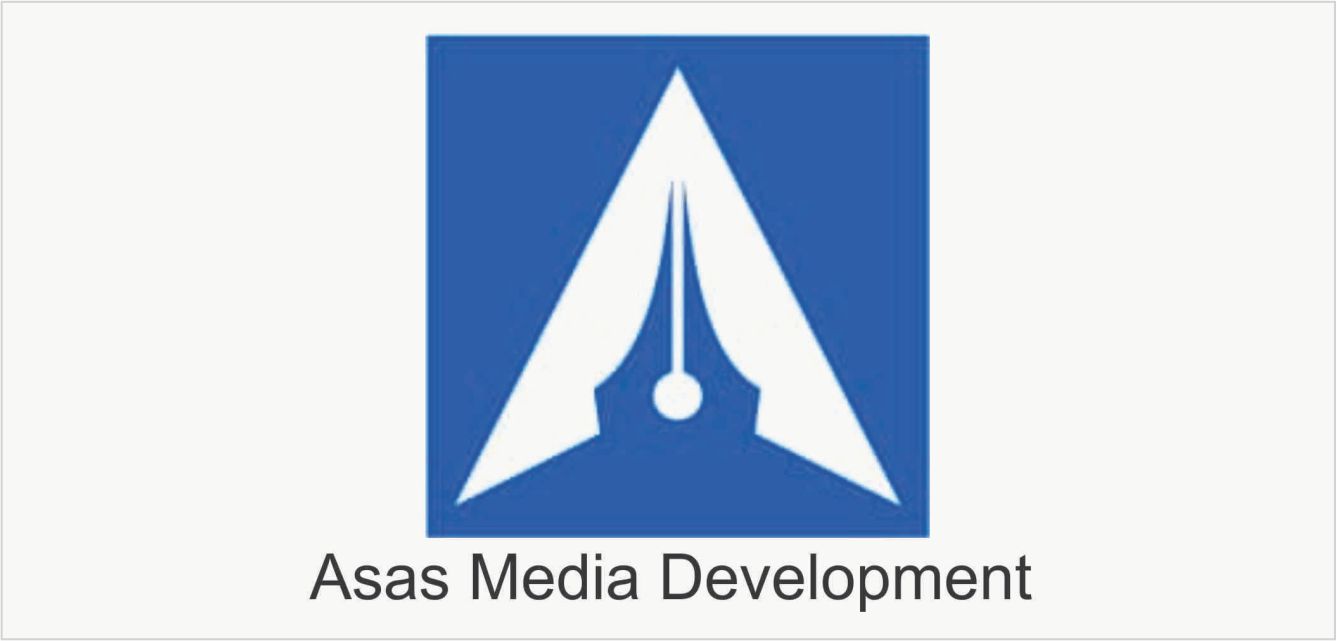
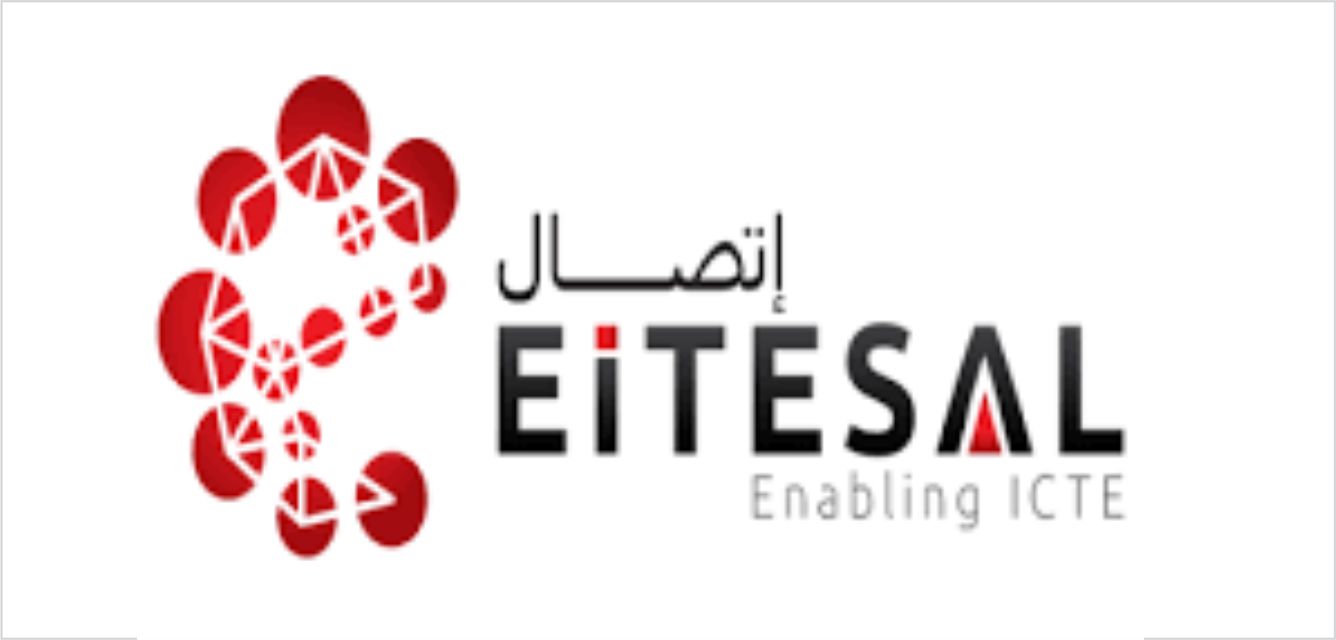
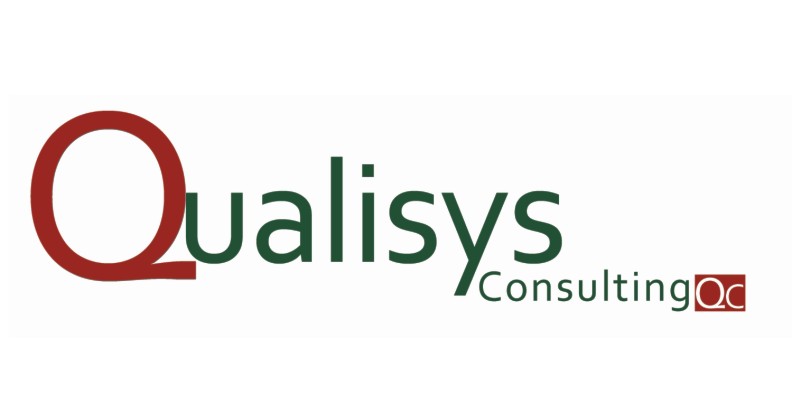
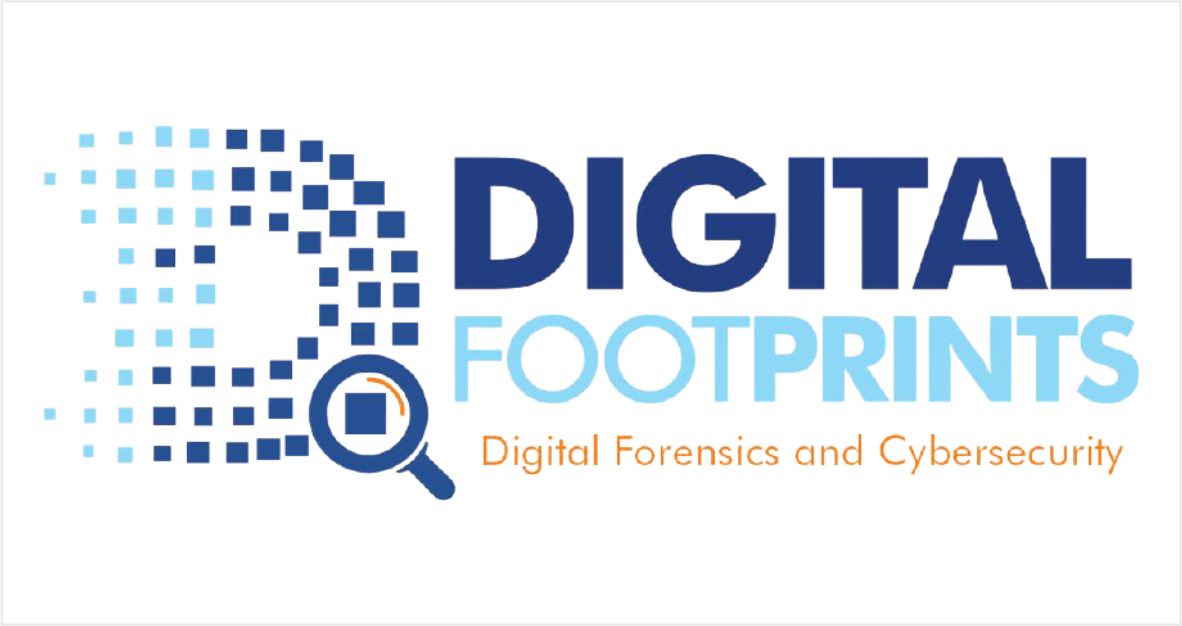
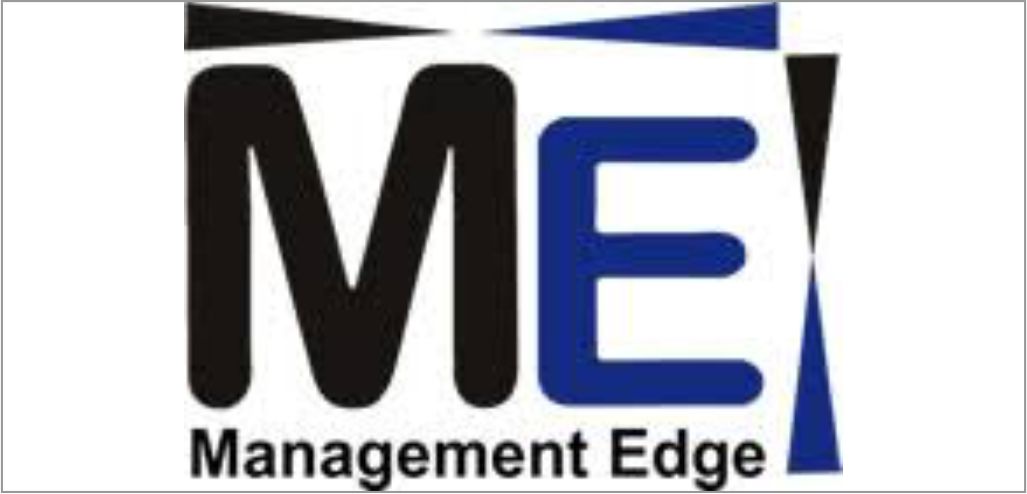
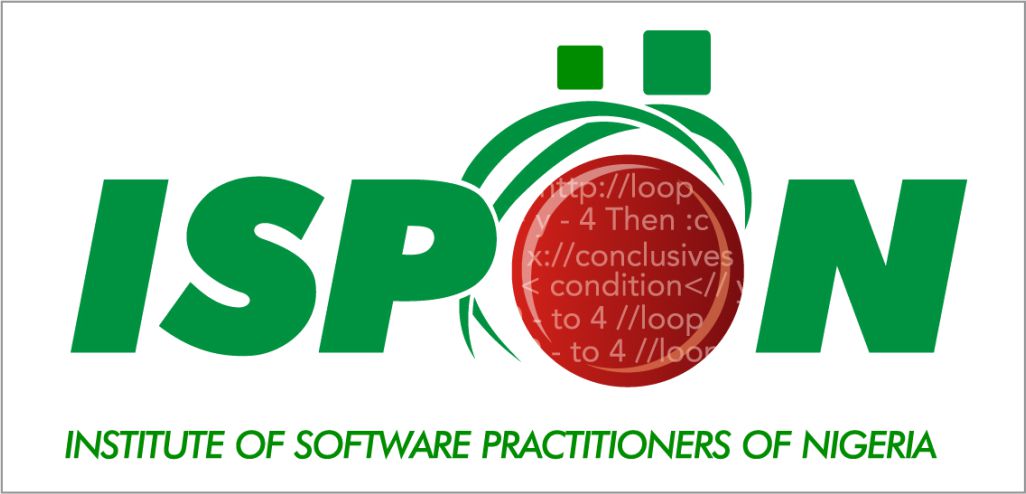
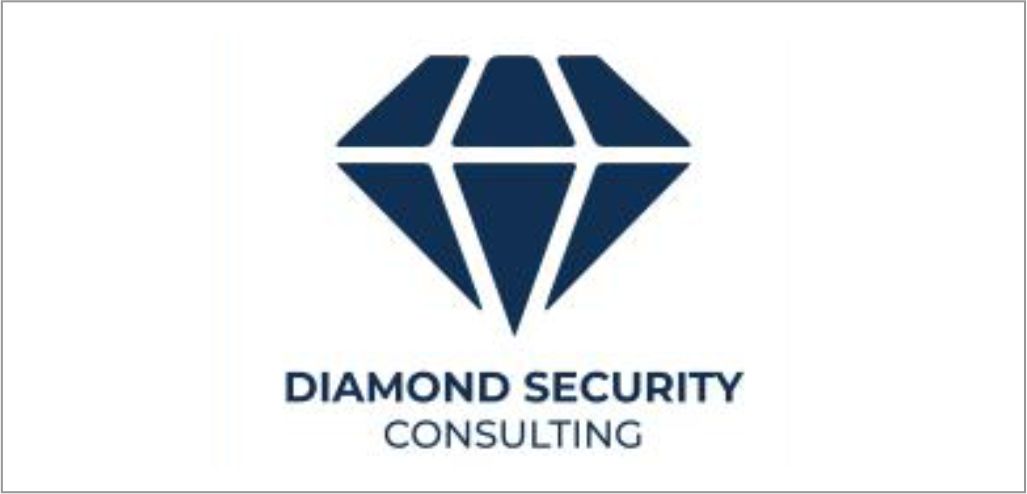







v1.jpg)
